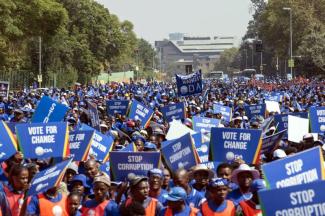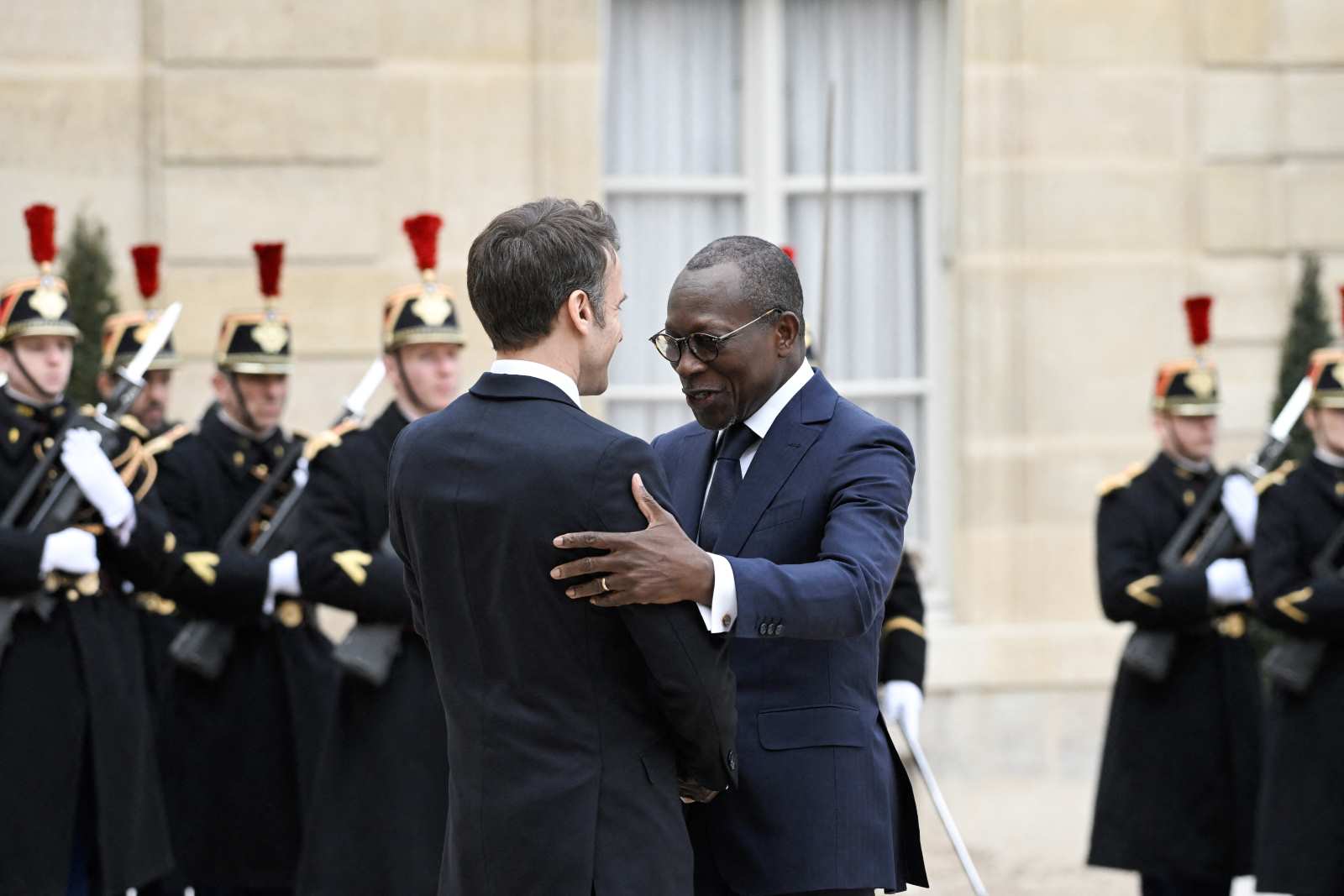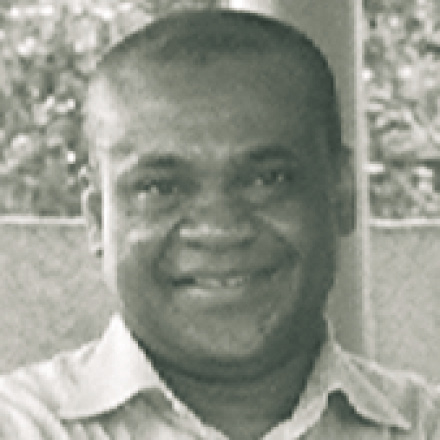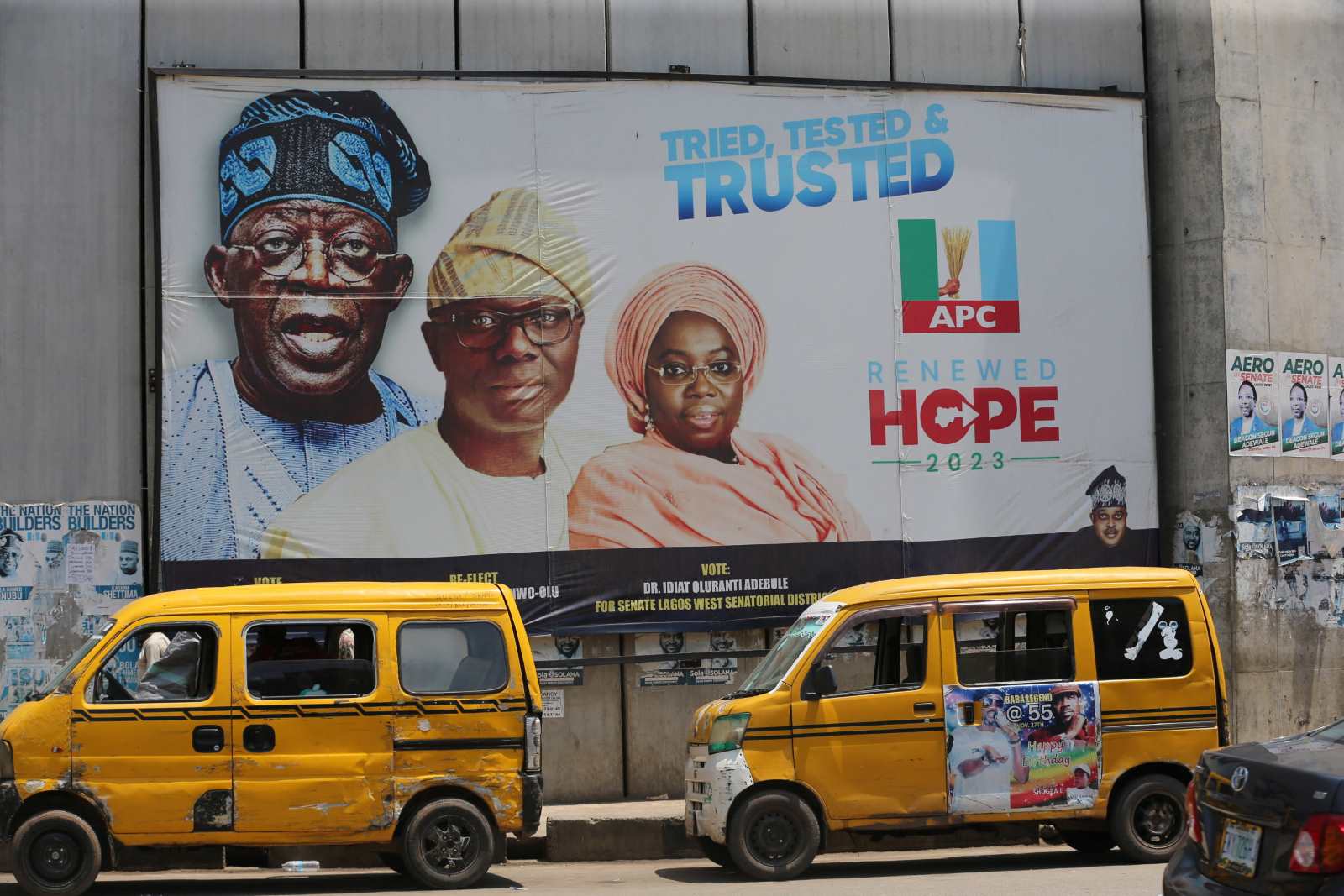Comment
Robbed of a role model

South Africa used to be our standard. The phrase “look at South Africa” was heard in most governance conversations in the Southern African region. But this was before President Zuma fired finance minister Nene in December 2015. Suddenly, Zuma was in deep trouble: in his party, in government and at home. There was trouble with the currency, trouble for the country and trouble for the whole region.
Apparently, the consequences of Nene’s dismissal were bigger than Zuma had expected. Within hours, the Rand, South Africa’s currency, crumbled at an unprecedented rate. The effects of its fall were quickly felt in Namibia, Lesotho and Swaziland. Their economies depend on the Rand. Zambia saw its exchange rate drop at the same time. South Africa is the biggest investor in the region, and when its economy is struggling, the effects are felt throughout.
Next came allegations that Zuma was being micromanaged by members of the powerful Gupta family, which has business partnerships with members of the president’s family, including his son Duduzane Zuma. On 15 March 2016, Vytjie Mentor, a member of parliament for Zuma’s ruling African National Congress (ANC), alleged that members of the Gupta family had offered her a ministerial job.
One day later, Mcebisi Jonas, the deputy finance minister, claimed members of the Gupta family had offered him the position of finance minister. Jonas said he rejected the offer because it made a mockery of the country’s hard-earned democracy and the trust of the people, since no one but the president can appoint ministers.
Within three weeks, the impacts of these sensational allegations were evident in Zuma’s environment. At the beginning of April, Duduzane Zuma was forced to resign as director of Oakbay, a company owned by the Gupta family. There are indications that the scandal will also claim the scalp of Zuma’s ex-wife Nkosazana Dlamini-Zuma, who currently heads the African Union Commission. Before the president’s woes mounted, she was one of the two top contenders to succeed him in office. Now, her chances seem smaller. She has indicated that she will not renew her term of office at the AU, raising the suspicion that she is positioning herself to take over from her ex-husband. The other top contender is Cyril Ramaphosa, Zuma’s deputy in party and government.
In parliament, members of the opposition initiated impeachment motions against Zuma. Fortunately for him, the motions failed. When the ANC’s national executive committee met on 19 and 20 March, it was widely expected that the party would recall Zuma like it did with his predecessor Thabo Mbeki in 2008. But instead, the ANC announced support for Zuma, puncturing the confidence people had in the president and his party.
At the end of March, fresh evidence emerged that state funds were used in the construction of Zuma’s private home in Nkandla. Zuma and the ANC had previously denied such allegations. This time, there was no refuting. The reason was that South Africa’s Constitutional Court ruled that Zuma’s failure to pay back the money was illegal. The country’s top judges ordered him to personally pay the costs for the construction of a visitor’s centre‚ amphitheatre‚ cattle kraal‚ chicken run and swimming pool at his homestead.
Zuma has let us down. His actions robbed us of a good-governance role model. All we have now are questions. Is South Africa not as democratic as we used to think? And did the ANC endorse corruption just like other ruling parties continue to do across the region?
Jennifer Dube is a journalist from Zimbabwe.
jdube2008@gmail.com













